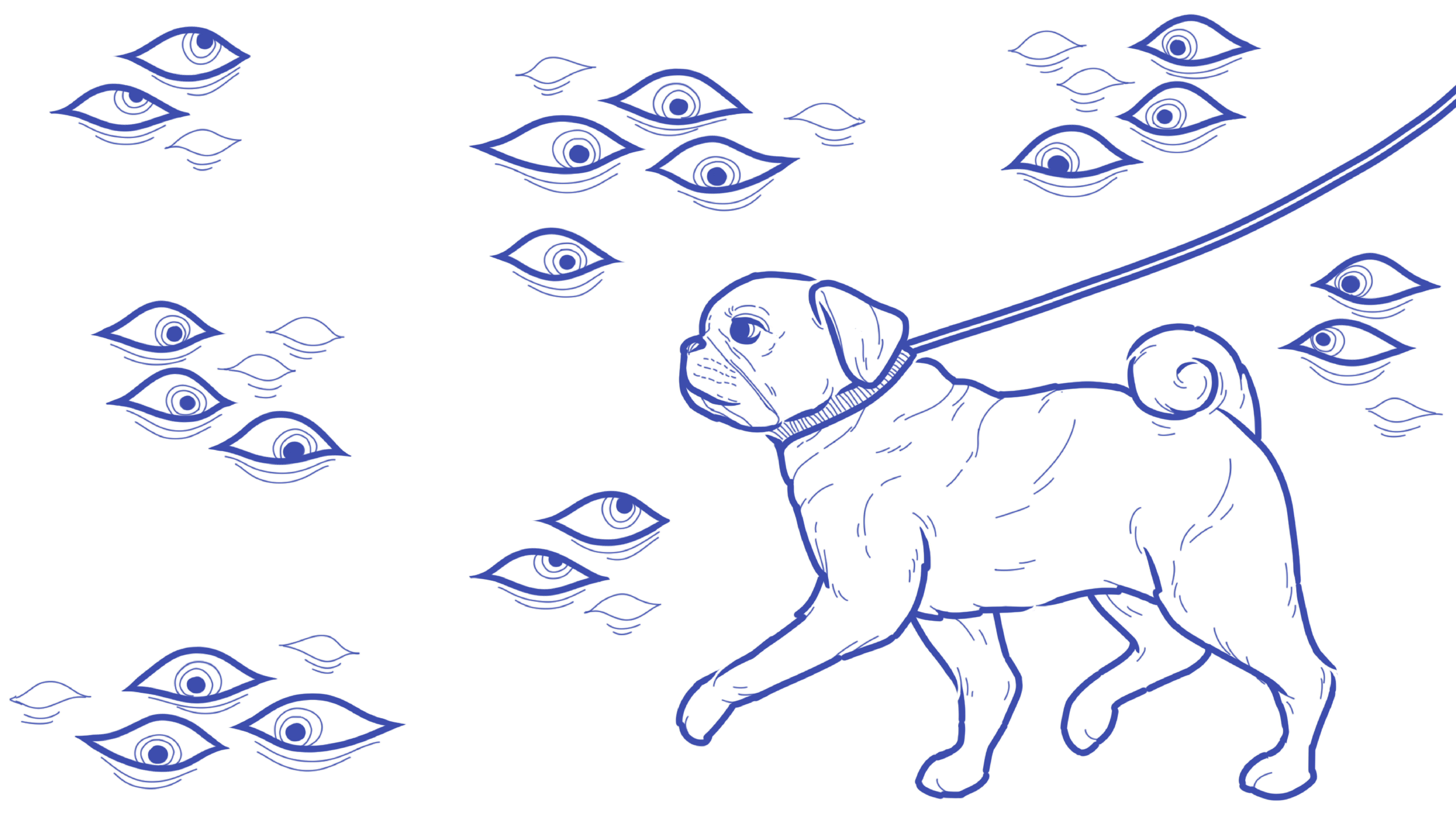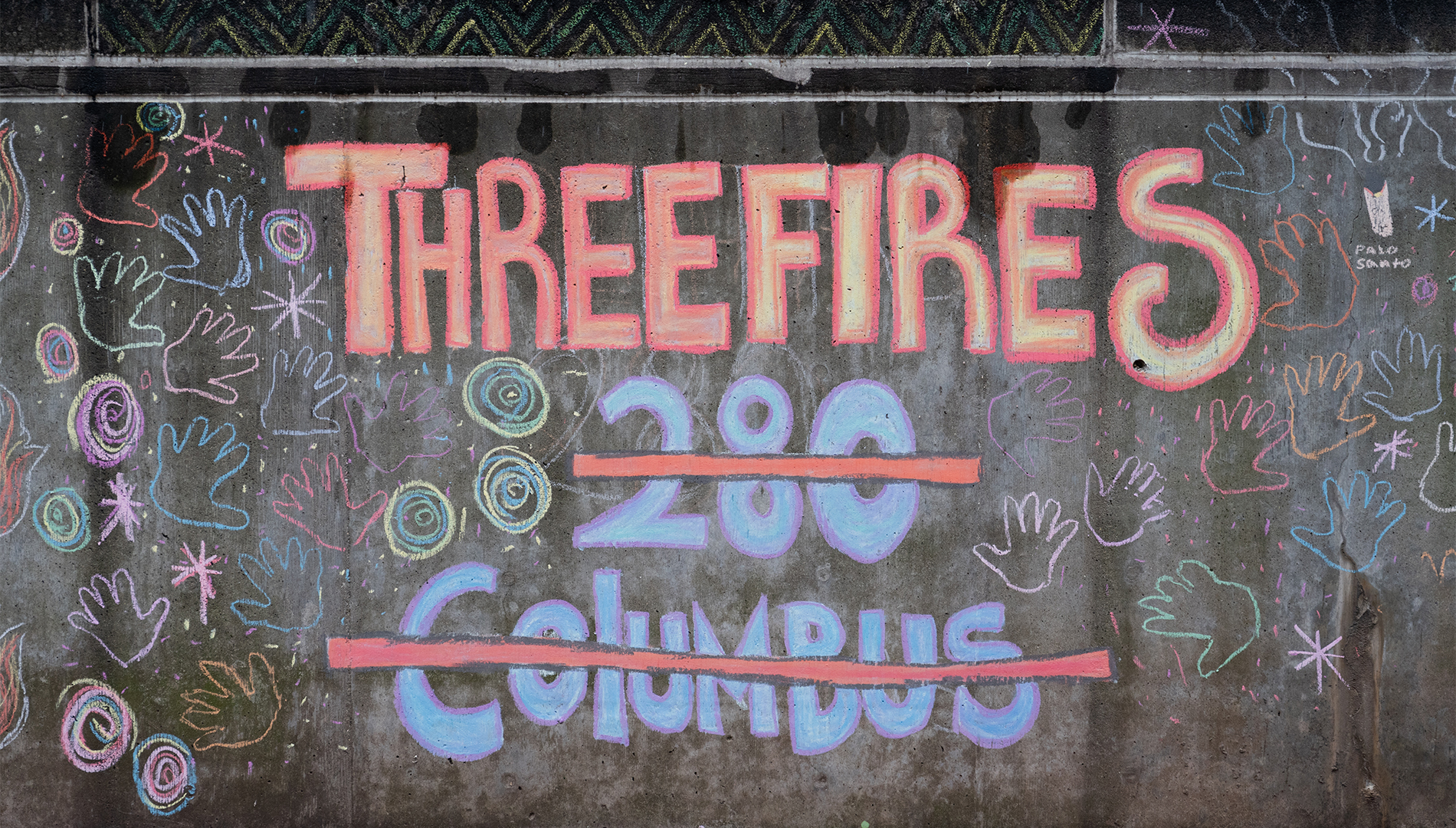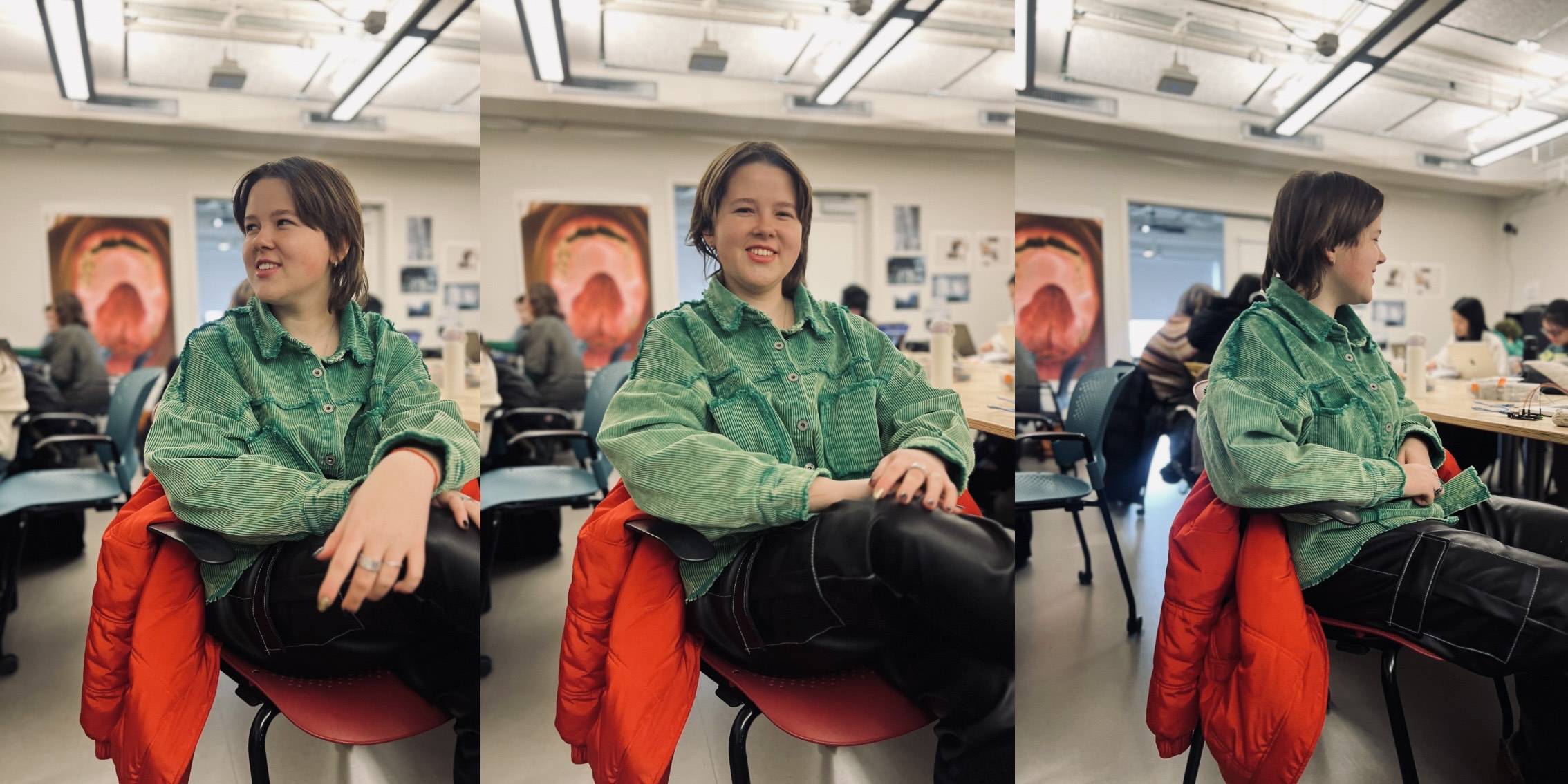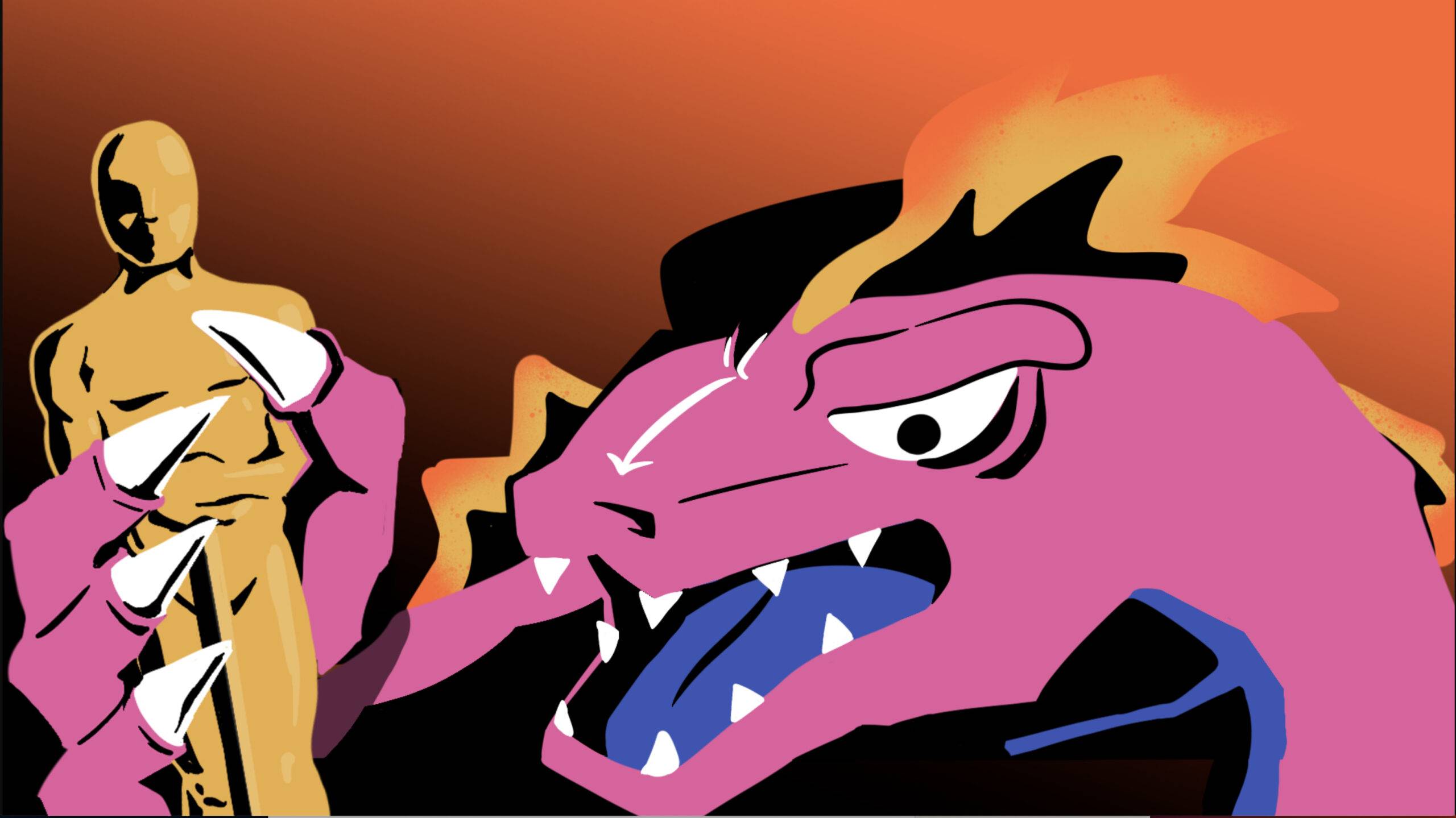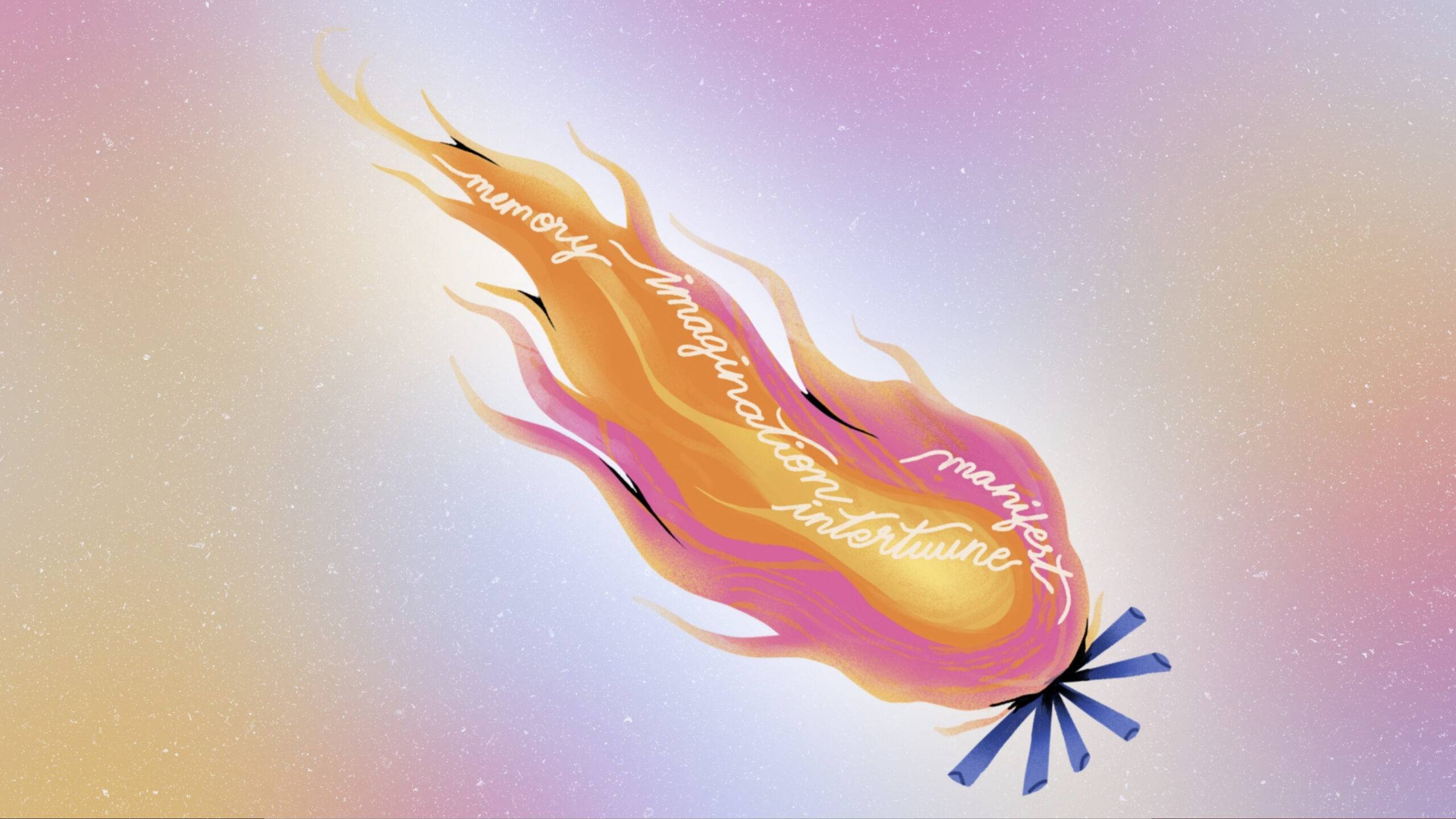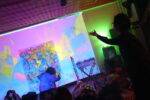“Our initial question — Was it just us? — was answered with a resounding no” write Christopher K. Ho and Daisy Nam, editors of Best! Letters from Asian Americans in the arts. The anthology, released by Paper Monument on April 13, 2021, presents a space for Asian Americans in the arts to take control of their own narratives through letter writing: a medium that “attempt[s] to set the record straight.”
The term “Asian American” was radical in its inception, but is now criticized for presenting Asian people as a monolith. Anti-Asian ideology, created by systemic suppression, erasure, and watering-down of Asian American identities, has depoliticized the term and upholds the stereotype of Asian docility. Recent months have placed Asian Americans through unexpected hyper visibility, creating a unique opportunity for Asian American discourse to become rattled with critical nuance. In seventy-three letters, the anthology attempts exactly this, bringing the ethos of the term “Asian American” closer to its origins as “the first inter-ethnic pan-Asian American … self-defining political lexicon.” Here at SAIC, six Asian American artists, writers, educators, and scholars have come together to continue this work, using this anthology as a guide. Our letters are as follows.
Monica Gong | BAVCS ’23
Dear Meelo,
Do you know you’re Chinese? Pugs were one of the first dogs to be domesticated in 400 B.C., and most historians attribute your species to China. Favored by royalty, pugs were spoiled with food and play living under the protection of the emperor’s finest guards.
From China, your ancestors made their way to Japan and Russia, before spreading their presence throughout Europe. Queen Victoria, whom I am partially named after, favored a pug during the height of the British Empire. It was at the beginning of her reign in which Britain acquired Hong Kong, where your Po Po lived under imperial sovereignty. Somehow our families found their way to America where we made our home in Chicago.
Pugs are supposed to be people-pleasers: docile, loving, and adaptable. This is true in a sense, considering your penchant for following me around the house: paws press into the back of my leg as you beg for attention. Despite this, your royal proclivity shows in every step. You strut across every room, sidewalk, and park with your tail held high, proudly asserting your nobility. When denied, you nip fingers and hop into laps until you find your needs satisfied. We’re at the dog park now, after you rushed me through my morning coffee, surrounded by people who pretend not to see us. With quiet determination, you prance around greeting each individual with a sniff and a lick, demanding special attention from each of your subjects.
Is it true that dogs resemble their owners? I’ve noticed lately that people tend to describe us in similar ways. “He’s cute for a pug,” remarked a white lady whose dog you were playing with today. Blasphemous insult! Or perhaps … obtuse fetish? Unsubtle eyes track us down the street because we look and act differently from how they expect us to.
Whiteness believes itself the authority because it was barbaric enough to loot half the world and enslave the other. Now guilty for their sins, they call us special when we express our pain as if that could make up for centuries of careful manipulation! They have left us in contradictory ruin. Our lives are filled with fractured identities and a history full of holes. Now that we have found each other, I hope we can begin to mend it and create our peaceful utopia, together.
Love you forever,
Monica a.k.a. Mom
Suman Chhabra | SAIC Faculty and Alum
Dear Human,
Apple repeatedly autocorrects my name to Human. Or Woman / Shame / Susan / Sham. I keep a list of the multitude of ways my name is rearranged. It is rearranged in mouths that assess close enough is enough to indicate: you. Perhaps pronouncing my name is secondary and there are no right syllables that will represent my humanity. But a name does indicate, hello arrangement of cells, hello fellow living being.
Human when you think of Asian Americans our cells are fogged away. Mechanisms are expected in their place. When you step closer to us, you swear you hear a metronome. Asian Americans as proceeding steadily without variance, our bodies not flowing with blood but clicking onward. And yet, onward is the only path when conscious of one’s survival. This onward has been skewed, that we are unrelentlessly trying to take from you, it has been used to fortify the reasons why we are forced to explain ourselves human.
After much of life explaining I will other myself in each cell and these cells will feel Shame / Sham when they should feel wonder at the various ways in which they can all live. Human, our cells seal themselves off, or try to, from danger. And yet, we are murdered continuously, as recently as April 15, and our cells cascade onto the earth. Onto the earth, into the earth, we, too, are of the earth.
Human is the iteration that we are all in.
“So can I live?”
To be human is dismissed as one who is bound to fail. To say these words is an easy step around necessary self-assessment. Rather, rearrange yourself to act not with barreling dehumanization but with grace and recognize us as dear human.
Suman
After Riz Ahmed’s “Can I Live”
Steven Hou | BFAW ’23
Monotropa,
How are you Not-Green? You are a One-Flower, but are you Real-Flower? You Have-No-Chlorophyll but you uniflora. You white-all-over. You must be a new-name. New-flower? You See-Through-Flower. You Ghost-Flower. You Like-The-Darkness-Flower. How you grow-in-the-shade? You Parasite-The-Others. You Steal-From Working-Trees. You Leech-From-Fungi. You are not an Independent-Flower like Other-Flower. So you Greedy-Flower? You Not-Nice-Flower. Not like Real-Flower like Grow-In-The-Sun-Flower. That is a Symbiotic-Flower. You melt-when-touched. Like Icey-Flower. You Sensitive-Flower. You keep-to-yourself. You Quiet-Flower. You Hide-Away-Flower. You hard-to-find. You Like-The-Dark-And-Damp-Spots. You like the Seductress-Flower. How are you a Pick-Me-Up-Flower? You Exotic-Flower. How you a Get-Picked-Up-By-The-Roots-And-All? You are Medicinal-Property-Flower. You Nervine-Flower. How you take-off-the-edge. You must be a Wonder-Flower. You are Spiritual-Flower, Out-Of-This-World-Flower. You are a Prized-Possession-Flower.
Observations from All-Those-Who-Classify-Flowers
Ān Kassel | BFA ’21
dear going-to-the-lake,
to a place I can hear most clearly (the things I missed thinking about the most)
the people who accompany me here by my side and in thought occupy my mind peacefully and are precious.
to a panoramic sky that makes everything else peripheral unimportant. I miss no one here and don’t feel like forgetting anyone either!
sometimes it’s better to remember how you feel about someone than to actually be with them. I can name the people who occupy that sensation. they are people who continue to fade temporally, gradually, there’s no rush.
I’m still thinking about the sky that opened up like a gateway to my left. maybe I actually did fly into it and I put too much consideration into physical movement. we met at the same place as before, before it all started, and it somehow felt more the same than different. is this what it means to come full circle, to return and feel not too different but know and be so much more? to return to later_
it’s difficult figuring out how I may not (personally) be looking for gender affirmation being non-binary. not the word for what I need since this doesn’t have to do with other people (in the same way) for the first time. I feel deeply grateful to have people around me who don’t make me feel like I need to focus on that.
I’m going to love differently from now on. I think this is the way it was supposed to be for me. I can relax now. it’s nice to remember there’s people I can’t imagine (yet) in this lifetime.
If I ever have to leave this lake behind, I’m sure that I’ll dream of it.
Adam Mac | BFAW ’21
N,
You once told me that I was the loudest person you knew— that you could probably hear my voice from anywhere in the world, even heaven. I would have laughed, but there was something sharp in your tone that made my hands shake. Honestly, you said, sometimes I wish you’d be quiet. There’s nothing wrong with silence every once in a while.
In those years, I lived in a silent house. I rode back and forth from school in a silent car, ate dinner at a silent table, and did my homework silently in bed. My parents were passive in nature— a side effect of both war-torn trauma and the expectations that came with being Asian in America— but something about my voice made them nervous. They thought that my words might one day anger the wrong person. So outside of class I had no tongue; only a flame between my teeth, and a hand over my mouth.
I don’t remember what I said to you back then, or anything else about the conversation. All I know is after that exchange, I never lowered my voice for anyone again. Two summers ago, an acquaintance talked about wanting to commit Chinese genocide and I yelled at him for twenty minutes. I thought of you then, and how you would have hated everything about that moment. I wonder if you would have let it slide. I wonder if you would have told me to be quiet.
It’s clear to me now that my audacity causes you pain. Perhaps I am a reminder of all the things you lose to complacency, and that scares you — to know that I would tear out the throat of any fool who tried to make me submit, my words kindling, my tongue wildfire. You hide behind your silence as if it will protect you from the things that want to kill us, but here is the truth: no amount of muted cowardice will remove the target from your back. I thank God every day that I am not you — that I am not afraid to burn if it means I will be heard.
A
Ben Kim Paplham (Birth Name: Dong Chul Kim) | MFAW ’21
Dear Dong Chul:
I thought about writing a letter to your birth parents, but I wasn’t sure what to say. I think the typical questions are ones that I already know the answers to, and while I may never understand the cultural attitudes of disability in South Korea during the 1990s, I can say, with some certainty, that having more in America — more money, more opportunity, more social ladders — just means there are more ways for people to be excluded, or to do that much unto others.
But I think you understand. Or at least have compassion for the pain in sending your kid away with the knowledge you may never see them again, and I also think you’ve grown enough by now to realize that asking yourself or asking them, whether that decision, in this case, turned out for the better or worse — is only asking someone to rationalize the impossible.
I heard that you recently found the letter your birth parents sent with the rest of your adoption papers. The photographs as well. The photograph of the couple in traditional Korean wedding garments, an old Kodak photo dated May 10, 1994, thirteen months and seven days before you would be born, and the letter from your birth father that is presumably translated because there is an additional letter written in Korean that you cannot read — yet — and there is somewhere in it that says that he hopes that you, Dong Chul Kim, grow up with “a healthy personality without any sense of alienation or identification problem.”
And I guess if I was you, my question to your birth parents would be what it feels like to be Korean. Which is a strange thing to ask to actual Koreans from South Korea, but it is my understanding that once your name was changed to “Ben” there was a part of you that ceased to exist if only because your birth name is not legally recognized in America. And I’m wondering, too, that if your birth parents would have been aware of the history of racism against Koreans in America, if they could have looked into the future and seen Atlanta on March 16, 2021, if suddenly their hope in this country would have been far less than the fear for you staying there.
And I guess what I’m really saying is that if you do end up seeing them again, in this life or another, if you could ask them if an increased awareness of race-based hatred would have changed their mind back then, back in 1997, and if they say yes, if you could tell them that even so, could they make the same decision again, because somebody needs to keep the hope alive.
With all my heart,
Ben Kim Paplham

